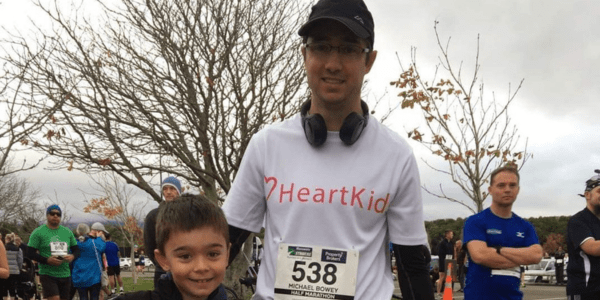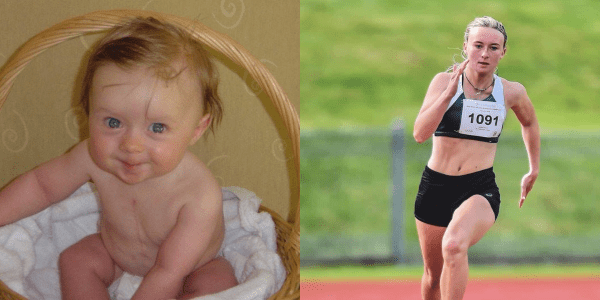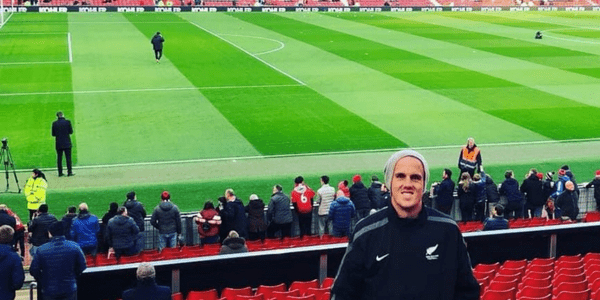Two years after her lung and heart transplant, Mele is learning to live again. Her fingers and toes are a healthy pink, and she’s cautiously starting to exercise.
“Now it takes me a minute or two to catch my breath, whereas it used to take me an hour or two, and I’d be tired for the rest of the day,” Mele says.
These days, most congenital heart conditions are identified while a baby is still in the womb. Mele’s wasn’t, but from a young age the signs were there. She became breathless easily, and it took her a long time to recover from physical activity.
At intermediate, running cross country left her gasping for breath.
“I thought I might be unfit,” Mele says. “I felt like my heart was going to burst out of my chest.” Her mum, alarmed at Mele’s blue-tinged fingers, toes and lips, sent her teacher a note excusing her from running.
“She knew something was wrong, but not what it was.”
Later, when she started high school, even the short walk to school left Mele breathless. One day, she started coughing and couldn’t stop until she coughed up blood.
“It was scary, my parents freaked out,” she remembers.
At Starship Children’s Hospital, Mele was diagnosed with pneumonia and sent home with antibiotics. But further tests revealed a deeper problem: Eisenmenger’s syndrome, an advanced form of pulmonary artery hypertension and a complication stemming from an undiagnosed congenital heart defect.
Mele’s heart had a hole between two chambers, and the blood wasn’t flowing the way it should. Over time, the arteries in her lungs had narrowed and stiffened, causing permanent damage to the blood vessels there.
When her parents told her the news, Mele felt numb.
“I asked them, did they say how long I’ve got? If my heart has a hole and it is leaking, how is it working?”
Mele lived with her condition, but as time went by she became weaker. Everyday tasks became harder and recovering from mild physical activity took longer and longer.
“I used to get scared, waiting for that point where I was gasping for breath.”
But Mele’s doctors told her she wasn’t a candidate for the lung and heart transplant she believed would transform her health.
“I was really getting sick, progressing quickly, but they told me I wasn’t sick enough.
“I thought, how sick do I have to be? I feel like I’m sick enough now. I saw myself lying in bed, waiting to die.”
Throughout her medical journey, Mele has had support from Heart Kids NZ. Her support worker became a confidant, an advocate and a friend. And when it came to Mele’s double transplant, it was her support worker who gave her the courage to fight for what she needed. Together, they came up with a plan.
“I felt very down, not having the courage or faith in myself,” Mele says. “My support worker helped me find the courage to get my doctors to try and get a transplant.”
The double transplant was such a complicated procedure it couldn’t be done in New Zealand. So, in late 2019, Mele moved to Sydney with her sister to wait for a suitable donor, which doctors told her could take up to two years.
“I kept thinking; will I make it in time?” Mele says. “Would I be strong enough?”
While she waited, Mele spent time soul searching. She wrote letters to her loved ones and made YouTube videos: a legacy for her family, and guidance for others on a similar journey.
“I wasn’t ready to die. But I wanted to prepare myself, be grateful for the life I have lived.
“We all have a timeline, but one with a heart condition tends to be shorter; you just never know. You’re just trying to survive to the next birthday. You become grateful for whatever you get.”
After an 11-month wait, Mele got her transplant. The surgery was difficult, and recovery slow, with a raft of post-operative drugs to ensure the transplant’s success.
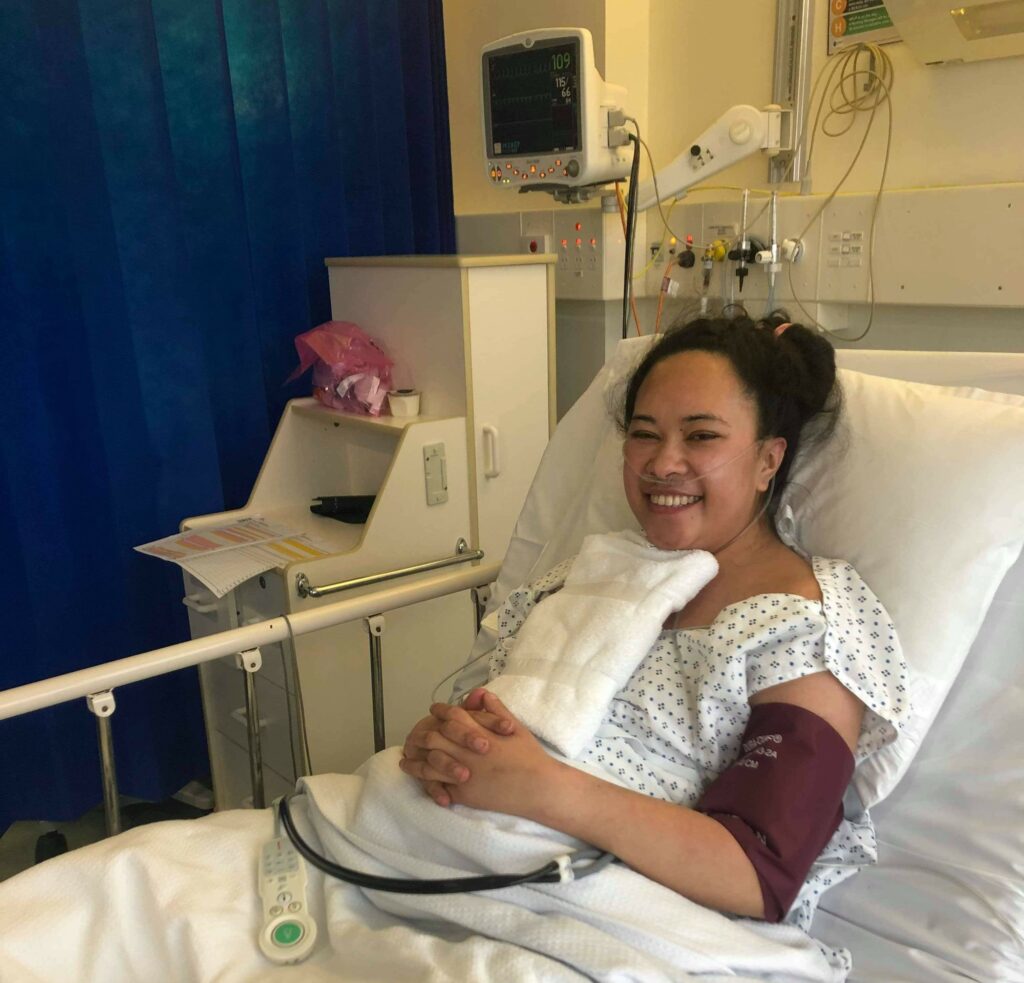
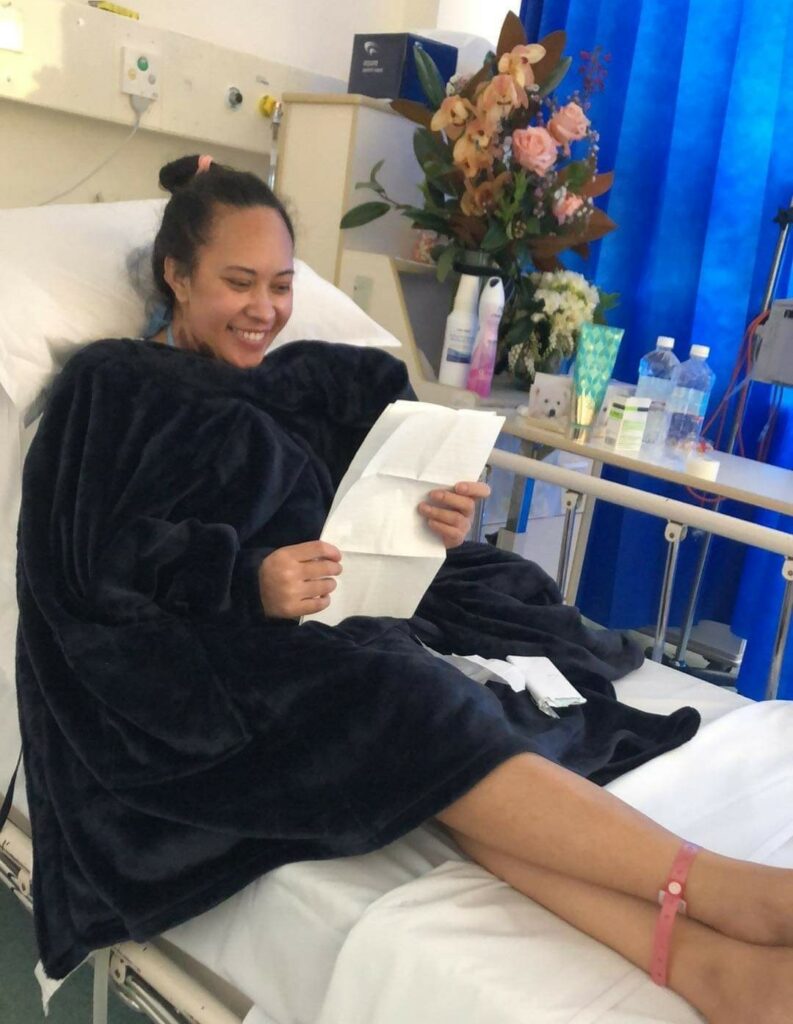
Back home in Aotearoa, Mele is feeling her way into a new life. She’s making plans and daring to dream again – something that wasn’t possible when she was living one day to the next. And she’s looking for a job; a daunting prospect after so many years out of the workforce.
The world has changed since she was last employed, Mele says. Then again, so has she.
“When you find out you have a heart condition, you find yourself more vulnerable to the world. Some people see that as a bad thing, I see it as a good thing.
“When you become vulnerable you identify what your strengths and your weaknesses are, and what you can contribute. I look at the world through a different lens because of my conditions.”
Listen to Mele’s interview on 531 PMN where she shares her story in support of the 2021 Heart Kids NZ awareness week.


